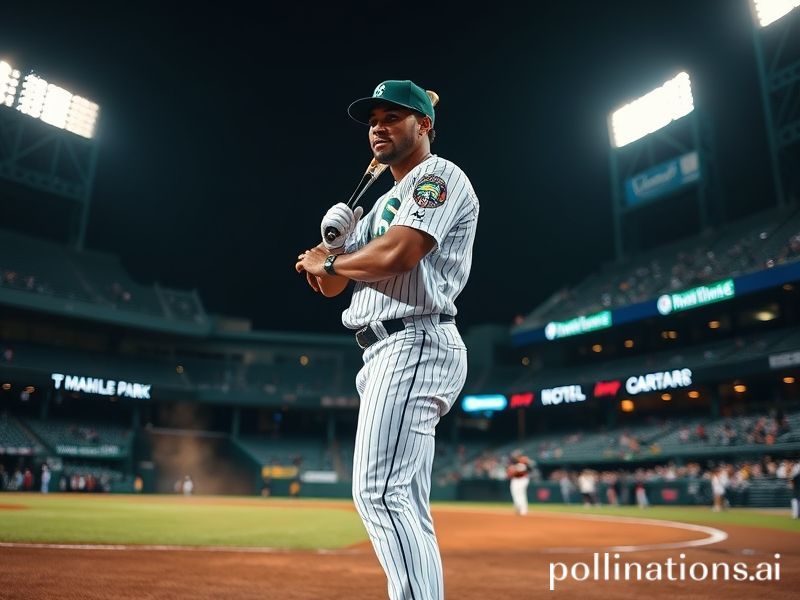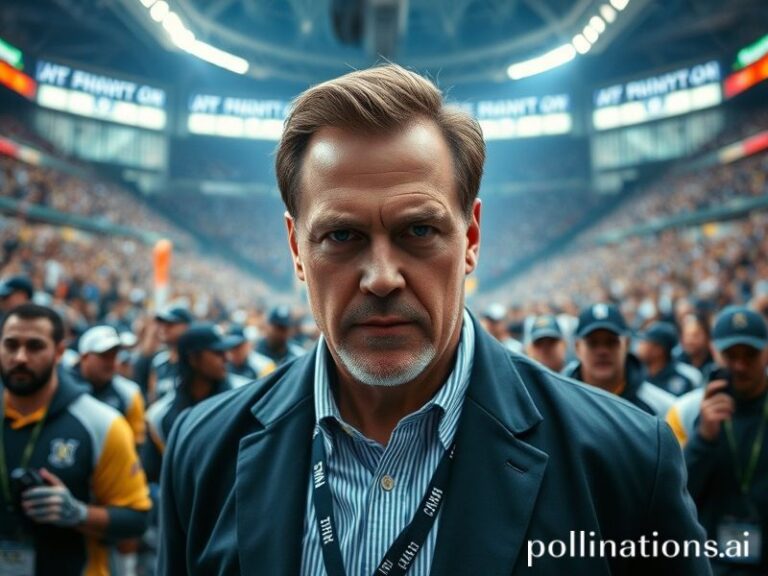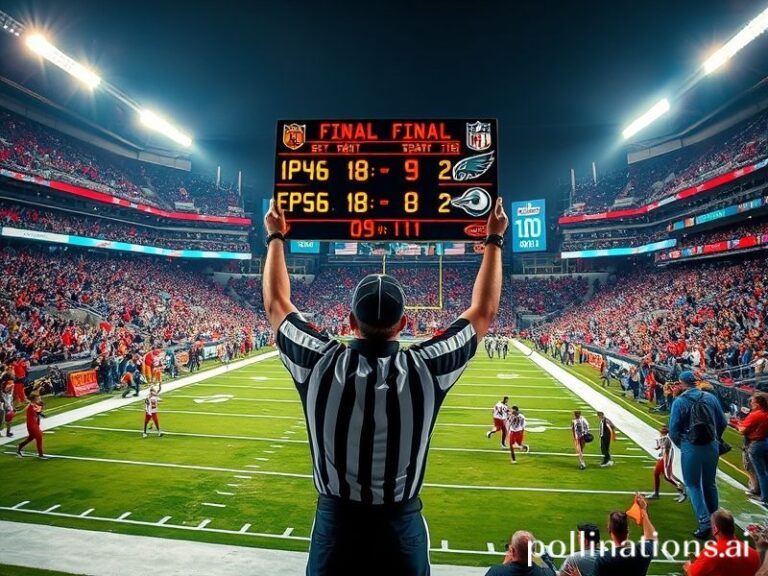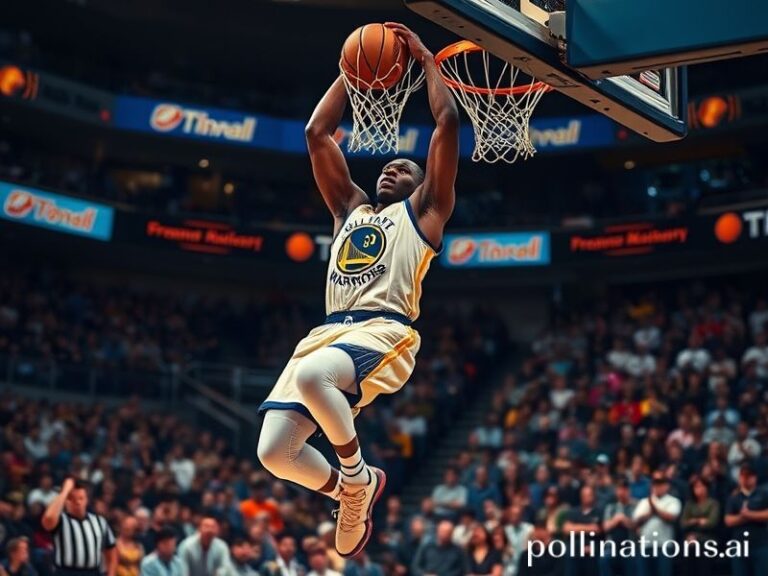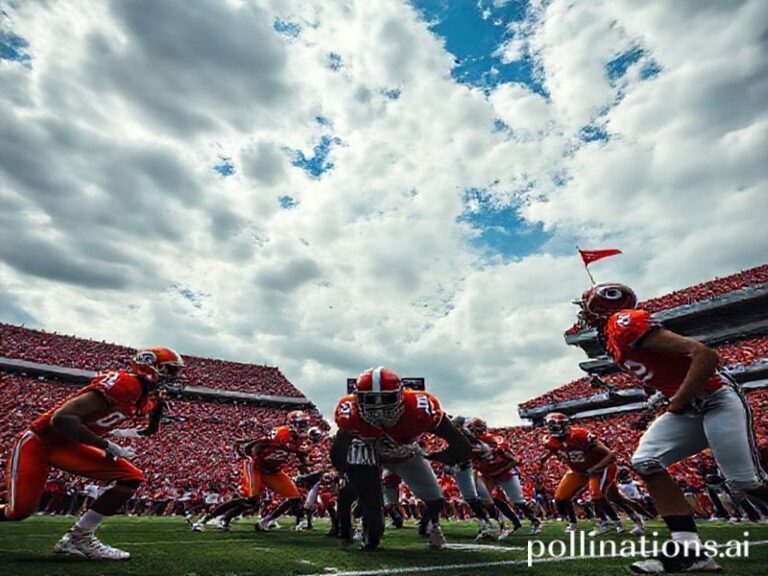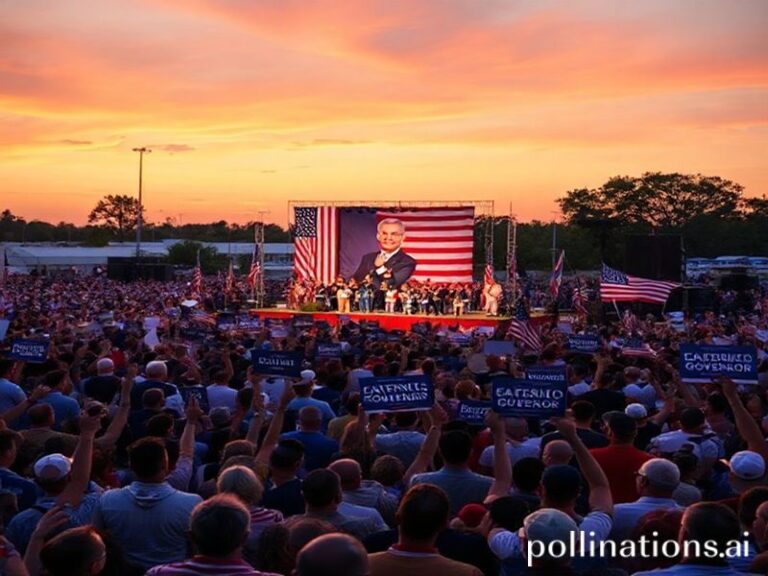Global Reverberations of a Routine Double Play: How JP Crawford Quietly Runs the World from Shortstop
JP Crawford and the Geopolitics of a Shortstop: How One Glove in Seattle Echoes from Caracas to Cairo
By A. Hume-Jones, International Correspondent, Dave’s Locker
The first thing you notice about JP Crawford—apart from the fact that his name sounds like an investment bank that just got bailed out—is the way he turns a routine 6-4-3 into a minor act of statecraft. On any given night at T-Mobile Park, Crawford scoops, pirouettes, and rifles the ball to second with the nonchalance of a UN translator flipping between Mandarin and French. Half the world is asleep; the other half is doom-scrolling. Somewhere in between, a 29-year-old shortstop from Lakewood, California is quietly redrawing the balance of global soft power one double play at a time.
Baseball, as American as type-2 diabetes, has spent the past two decades exporting itself like a late-stage empire sending missionaries with batting gloves. Tokyo swears by Shohei; Seoul worships Kim Kwang-hyun; the Netherlands Antilles produces middle infielders the way Switzerland once produced mercenaries. Crawford, meanwhile, is the rare homegrown talent who stayed home—at least until the algorithm noticed him. MLB.tv streams his highlights to 223 countries, which is 18 more than have reliable drinking water. In Lagos, a kid wearing a bootleg Mariners cap (stitched in Guangzhou, sold in Balogun Market) mimics Crawford’s sidearm flick because it looks cool on TikTok, not because he understands the infield-fly rule. Soft power, meet Wi-Fi.
Yet Crawford’s real diplomatic heft lies in what he doesn’t do. He doesn’t flip his bat like a drunken helicopter parent; he doesn’t demand trades in Comic Sans. While other athletes turn their contracts into sovereign-wealth funds, Crawford signed a five-year, $51 million extension in 2022 and reacted as if he’d just been handed a particularly generous Olive Garden gift card. In an age when crypto scandals spread faster than dengue, Crawford’s brand of fiscal modesty plays like a TED Talk on Lutheran restraint. Scandinavian governments—eternally baffled by American excess—have reportedly studied his arbitration-year behavior the way they study hygge.
There’s also the Venezuela angle. Crawford’s maternal grandfather was born in Caracas, which makes him 25 percent eligible for a Hugo Chávez biopic. In a country where inflation makes Bitcoin look like the gold standard, MLB highlight reels are traded on USB sticks like samizdat. When Crawford dives into the 5-6 hole and comes up firing, barrio kids see more than web gems; they see a distant cousin who escaped the gravitational pull of collapse. The Venezuelan government—ever keen to weaponize nostalgia—has floated the idea of issuing a Crawford postage stamp, provided the paper doesn’t disintegrate before it reaches the envelope.
Back in the Pacific Northwest, the geopolitics get even murkier. Seattle, a city that once tried to tax espresso to fund public heroin sites, has adopted Crawford as living proof that civic virtue still exists. Local tech bros, fresh from laying off half of Estonia via Zoom, attend games in Patagonia vests and chant “J-P-C!” between sips of biodynamic IPA. Crawford, polite to a fault, waves back, unaware that he is being commodified as an antidote to their own spiritual bankruptcy. Somewhere in Davos, a thought-leader updates his keynote: “Authentic Leadership Lessons from a Shortstop Who Still Uses a Flip Phone.”
Of course, none of this ends well—nothing truly international ever does. Crawford will eventually decline, as do all empires. His range will shrink like Arctic ice; his UZR will resemble Greek GDP. The streaming rights will migrate to newer, shinier markets—probably one that still allows plastic straws. But for now, in the amber of a Seattle summer twilight, JP Crawford fields a grounder, pivots, and throws a white sphere across the infield dirt. For 2.7 seconds the world holds its breath, united in the shared delusion that something, somewhere, still works.

